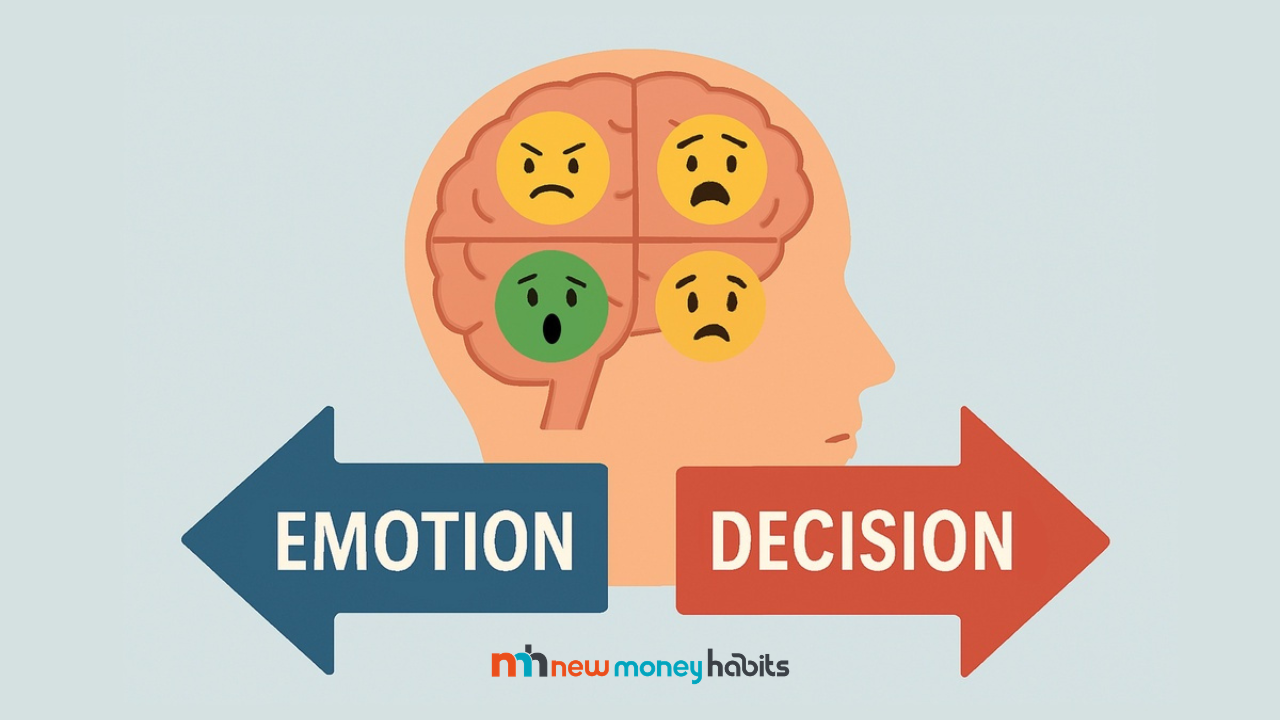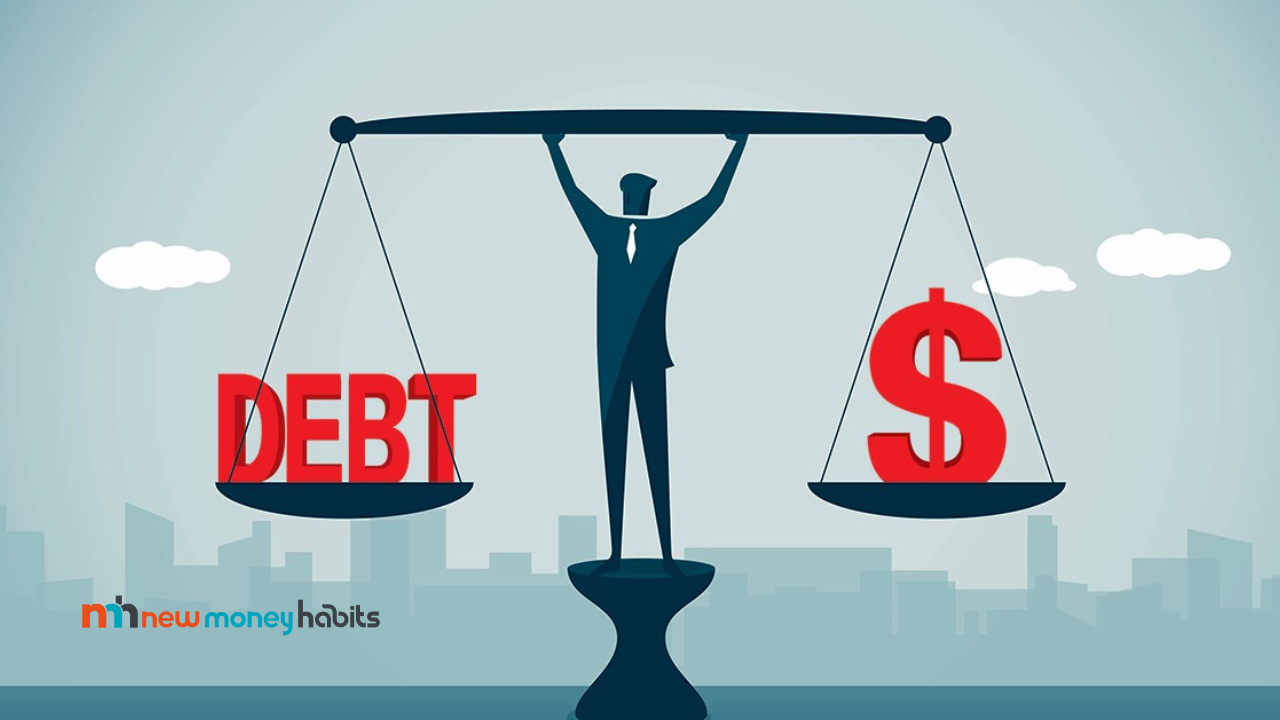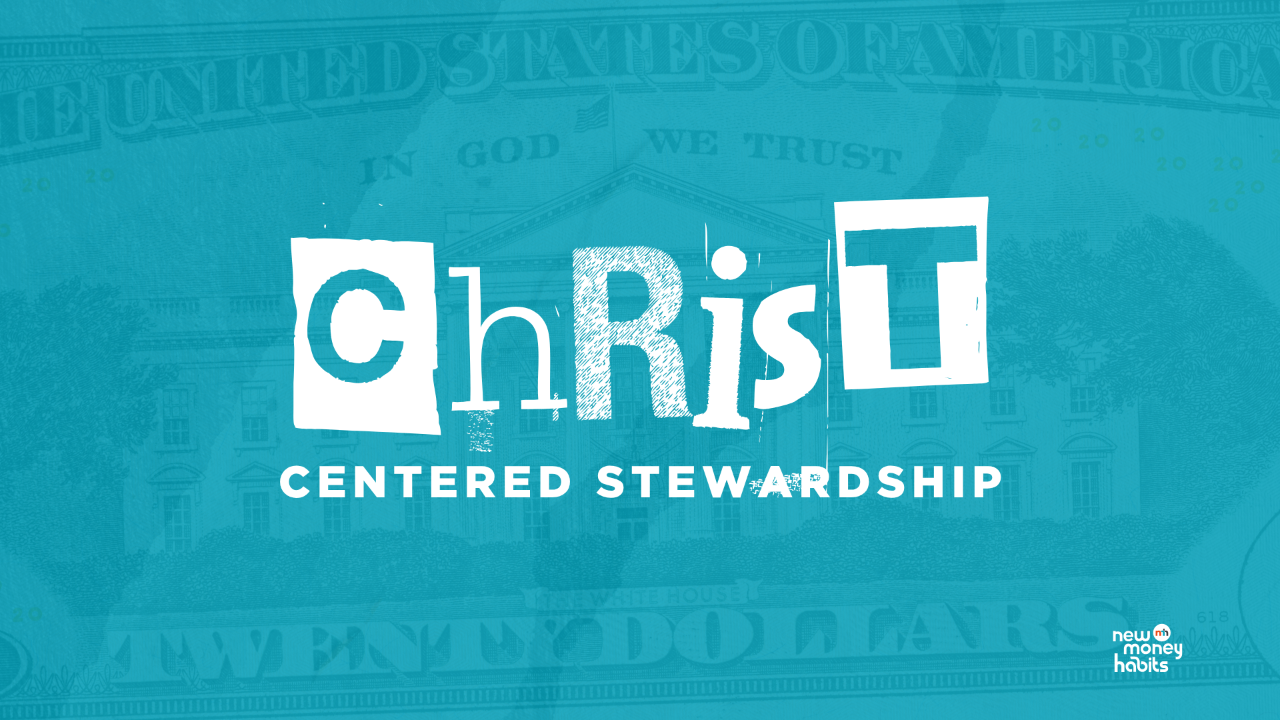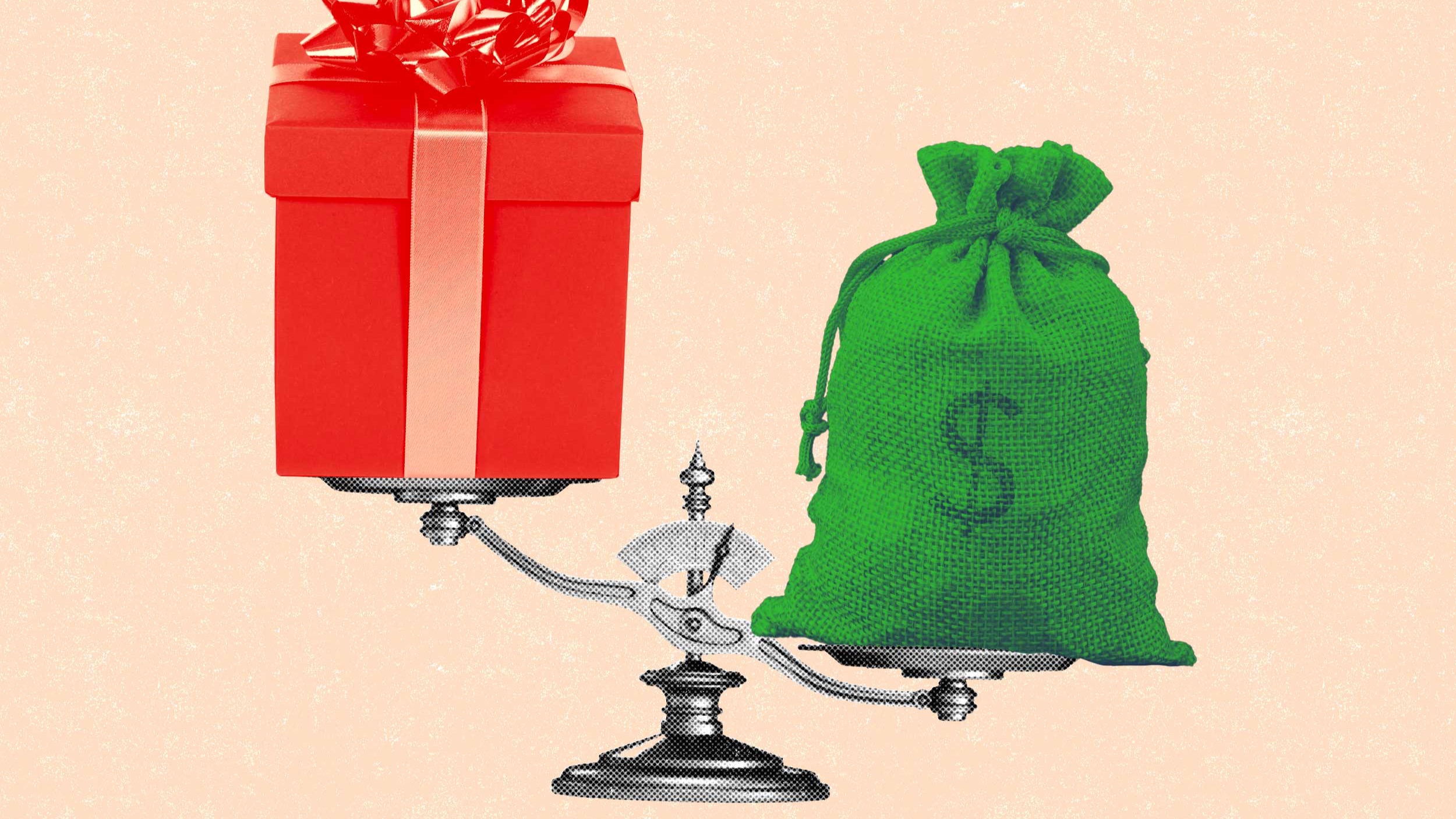Why Money Triggers Make Planning Feel So Hard

For most people, money stress doesn’t start with numbers.
It starts with a feeling.
A knot in your stomach when you think about spending.
A spike of anxiety when something unexpected comes up.
A quiet urge to avoid looking altogether.
If you’ve ever told yourself, “I’ll deal with it later,” you’re not alone.
And you’re not broken.
The Hidden Reason We Avoid Planning
Many people think they avoid budgeting because they’re bad with money.
In reality, they avoid it because planning forces awareness — and awareness can trigger uncomfortable emotions.
Planning brings future decisions into the present.
It asks questions like:
-
Will I have enough?
-
What if something goes wrong?
-
What if I mess this up again?
For some, those questions activate old money experiences, past mistakes, or deeply held beliefs about scarcity and security.
That’s not a math problem.
That’s a money trigger.
Money Triggers Shape Behavior More Than Budgets Do
A money trigger is any situation th...
Should You Pay Off Debt First or Save Money? How to Decide Without the Stress

One of the most common—and confusing—money questions people face is this:
Should I focus on paying off debt first, or should I be saving money?
It’s a fair question. On one hand, debt feels heavy and urgent. On the other, not having savings can leave you feeling one emergency away from disaster. The truth is, this isn’t a one-size-fits-all decision—and forcing it into rigid rules often creates more stress than progress.
The good news? You don’t have to choose one extreme or the other.
With the right framework, you can make progress on debt and build peace of mind at the same time.
Why the “Debt vs. Savings” Debate Feels So Overwhelming
Most people get stuck here because financial advice is often delivered as absolutes:
-
“Always pay off debt first.”
-
“You must save before doing anything else.”
-
“Interest rates decide everything.”
But real life is messier than that.
Unexpected expenses happen. Income fluctuates. Emotions, habits, and past experiences all shape h...
Emotional Spending: Why Your Money Habits Are Tied To Your Emotions

Emotional spending is rarely about the money itself. More often, it’s a response to stress, anxiety, exhaustion, loneliness, or even celebration. If you’ve ever found yourself ordering takeout after a hard day, clicking “buy now” when you’re overwhelmed, or spending money to feel better in the moment—you’re not broken. You’re human.
Understanding the emotional side of money is one of the most important steps toward building healthier, more sustainable financial habits.
Why Emotional Spending Happens
Most people are taught that money management is about discipline and self-control. While those things matter, they don’t tell the full story. Emotional spending usually follows a predictable pattern:
-
A trigger or activating event (stressful day, conflict, boredom, social pressure)
-
An emotional response (anxiety, sadness, frustration, loneliness, even excitement)
-
A behavior (spending, overeating, impulse buying, avoidance)
In that moment, spending can feel like relie...
A New Year, A Better Question: Who Is at the Center?

As another year comes to a close, many of us find ourselves reflecting on time — how quickly it moves, what we’ve done with it, and what we hope will be different in the year ahead.
For many, this season brings New Year’s resolutions: goals to do better, try harder, or finally make changes that have been sitting on the back burner. But if we’re honest, most resolutions don’t last very long. Not because we don’t care — but because behavior change without a deeper foundation rarely holds.
At New Money Habits, we’ve spent years helping people build healthier habits around money, decisions, and daily life. What we’ve learned is this: lasting change isn’t driven by pressure — it’s driven by purpose.
Beyond Resolutions: Toward Intentional Living
Goal setting can be helpful. Tools like SMART goals give structure and clarity. But structure alone isn’t enough. Without alignment — without knowing why we’re pursuing something — even the best plans can leave us feeling empty or discouraged.
S...
Introducing Christ Centered Stewardship

Introducing Christ Centered Stewardship
A New Show About Living with Christ at the Center of Everyday Life
Most Christians genuinely want to honor God with their lives. Yet many feel overwhelmed, uncertain, or stretched thin trying to live out their faith in everyday decisions, responsibilities, and pressures.
Not just with money — but with time, relationships, priorities, emotions, and purpose.
Christ Centered Stewardship was created to meet that tension with clarity, biblical truth, and practical guidance.
Why Christ Centered Stewardship Exists
Over the years, we’ve walked alongside countless believers who love God deeply and still feel like life is happening to them rather than through them. Many feel pressure to “do more,” confusion about next steps, or guilt for not measuring up — even while faithfully attending church and seeking God.
What we’ve learned is this:
most people were never taught how to live as stewards of their entire lives.
Stewardship is often reduced to m...
Accountability Matters: How Community Can Supercharge Your Money Mindset

When it comes to money, it’s tempting to surround yourself with people who simply affirm your choices. A friend may say, “It’s fine to treat yourself,” or a family member might avoid discussions about your spending or savings altogether. While it feels easier, this type of support doesn’t lead to growth. Real financial progress—along with personal and mindset growth—comes from having people who hold you accountable, provide honest feedback, and challenge you to see what you might be missing.
Why Accountability Matters
Accountability is the cornerstone of lasting financial change. It’s one thing to set goals, but without someone checking in and offering perspective, it’s easy to fall back into old habits. A trusted voice can help you identify patterns that are keeping you stuck—like consistently overspending in certain areas, avoiding savings, or underestimating debt—and push you to take meaningful action.
Honest feedback doesn’t just point out mistakes; it encourages reflection. Whe...
Your Money Journey Doesn’t Have to Be Lonely

Managing your money can feel isolating at times. Maybe you’re living paycheck to paycheck, juggling debt, or trying to finally stick to a budget that works. Even with the best intentions, it’s easy to feel like you’re facing your financial challenges alone. That’s where the power of community comes in.
Why Community Matters in Personal Finance
Accountability keeps you on track. When you’re part of a financial community, you have people who notice your progress and cheer you on. Sharing your goals and your plans with others creates a level of accountability that is hard to replicate on your own. Knowing that someone else is rooting for you—or even just checking in—makes it easier to stick to your budget, pay down debt, or save for a goal you’ve been putting off.
Perspective opens your mind to new approaches. Money struggles can feel personal, but when you see how others handle similar challenges, it shifts your thinking. A member may share a budgeting strategy you never considered, a...
How to Take Control of Holiday Spending (and Avoid the January Regret)

For many of us, the holiday season is a time of joy, tradition, and togetherness. But let’s be honest—it’s also one of the most stressful times of the year when it comes to money.
Gifts, travel, decorations, food, parties, secret Santas, office potlucks… before you know it, you’ve swiped your way into a December debt hangover that lingers long after the new year begins.
But here’s the truth: holiday spending doesn’t have to derail your budget or your peace of mind. With a little planning and some intentional strategies, you can celebrate generously without the January regret.
This is exactly why we’re focusing on Holiday Spending Prep this month. It’s not about being a Scrooge. It’s about creating space for joy while keeping your financial goals on track.
Why Planning Ahead Matters
Think about the last time you felt stressed about money during the holidays. Chances are, it wasn’t because you didn’t want to be generous. It was because you didn’t have a plan.
Most people approach...
Why Grocery Budgets Always Feel Too Tight

Does it ever feel like no matter how carefully you plan your grocery budget, it’s never quite enough? You’re not alone. For many households, food is one of the most challenging categories to manage — and one of the first places where budgets feel like they “break.”
So, why does this happen? And more importantly, what can you do about it? Let’s unpack some of the most common reasons grocery budgets feel too tight and practical strategies you can use to take back control.
1. Food Prices Are Always Changing
Unlike fixed expenses like rent or insurance, food costs fluctuate constantly. Seasonal availability, inflation, and even local supply issues can throw your budget off. If you’re working with the same numbers you set six months ago, you may already be behind.
Tip: Review your grocery budget monthly. Adjust based on recent spending trends and price changes instead of trying to force old numbers to work.
2. Dining Out Sneaks Into the Grocery Category
Sometimes grocery budgets f...
Do You Need a Money Reset?

We’ve all been there — staring at our bank account, wondering how things got so messy so quickly. You might be juggling bills, carrying a balance on your credit card, or just feeling like you’re spinning your wheels with no real progress. If that sounds familiar, you may be in need of a money reset.
The truth is, money management isn’t just about math. It’s deeply tied to our habits, our mindset, and even our emotions. That’s why sometimes the best thing you can do for yourself and your finances is to pause, step back, and reset.
What Is a Money Reset?
A money reset is a chance to wipe the slate clean (without actually starting over). It’s about revisiting your goals, adjusting your budget, and making intentional choices that move you closer to the life you want. Think of it like spring cleaning for your finances: you clear the clutter, reorganize what matters most, and create space for new opportunities.
A reset might include:
-
Re-examining your spending categories
-
Sett
...

